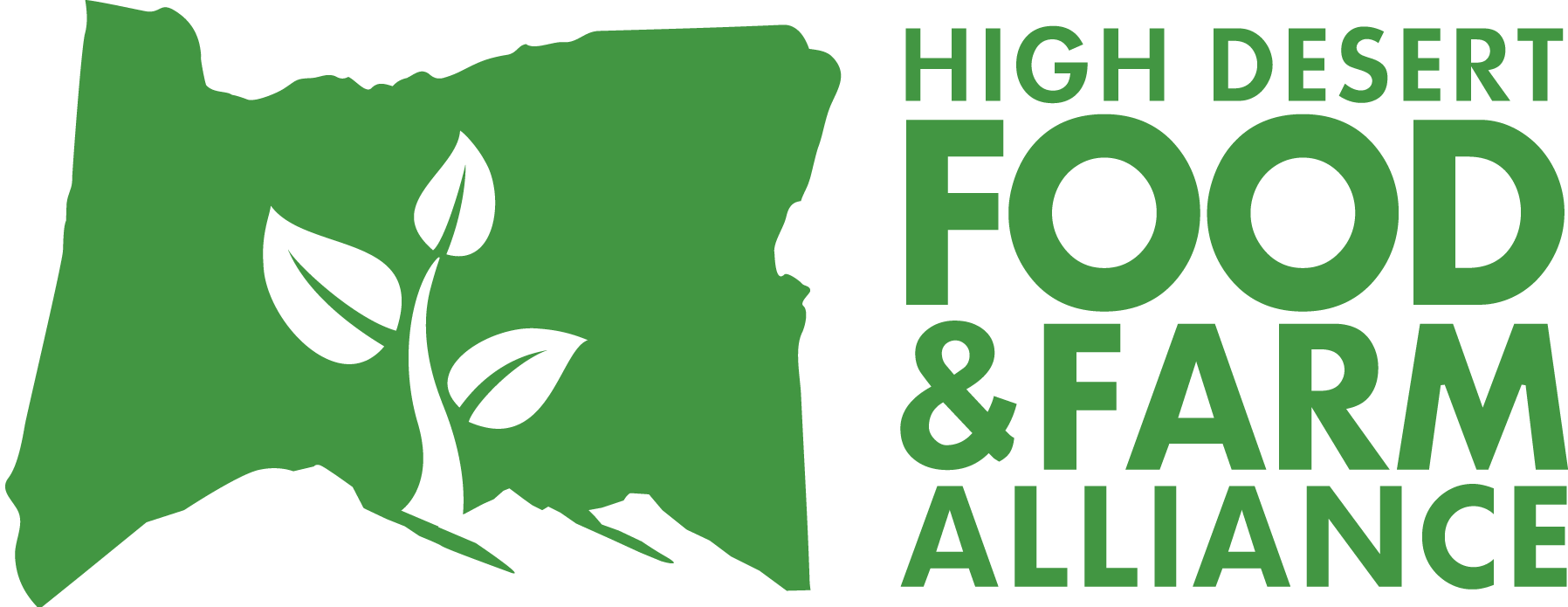Farm and Ranch Resiliency Award Application
Before 2020, about 90% of our farm’s produce was sold to restaurant partners through wholesale channels. When the pandemic shut down most of our customers, we had to quickly pivot our farm’s sales channels to move about 70 tons of Organic food. We were able to create branded bags for our potato crop to distribute our potatoes, along with tons of onions, through the grocery stores. All 10 of the Market of Choice stores in Oregon stocked our bagged Organic potatoes and our 15 acre crop was sold. It was a big shift, and our farm’s first big step into the world of supplying grocery stores at a larger scale. Now as restaurants reopen, we have a diversified market to sell to, our new grocery partners as well as our beloved restaurant partners.
Also, though we are supposed to choose one I want to also highlight how our farm is dealing with persistent drought, perhaps a product of climate change, along with the 60% reduction in our irrigation district’s allotment of water. In 2020 we farmed with only 1.5 acre feet of irrigation water allotment, in 2021 we will farm with only 1 acre foot of water, while other districts in Central Oregon will receive 5 acre feet. Many farms in our region are leaving 50% of their farm ground bare, and with each windstorm (of which there are many on these plains) the top soil is blowing away at alarming rates. When rain does fall, the soil is capped and unable to absorb the water and the runoff is also contributing to soil degradation and loss. To ensure the resiliency of the lands we manage for decades to come, we invest heavily in planting cover crops to hold soil in place, provide food for pollinators, allow for better infiltration and storage of water, and it keeps the soils cooler in temp when they are covered. Along with all those benefits, we are keeping the soil biology below ground fed and nourished thorough our biodiverse cover crops. Some mixes include phacelia and mustard, great pollinator foods, peas (nitrogen fixers), tillage radishes (to keep soil porous and open to water infiltration ) triticale, sunflowers, clover, flax, plantain and chicory. Even through drought, and even we we can only farm 50% of our ground due to water restriction, we are still investing in our soils. This can be costly, so we harvest and save most of our cover crop seeds to replant the next year.
Photo courtesy of Amanda Smith.







